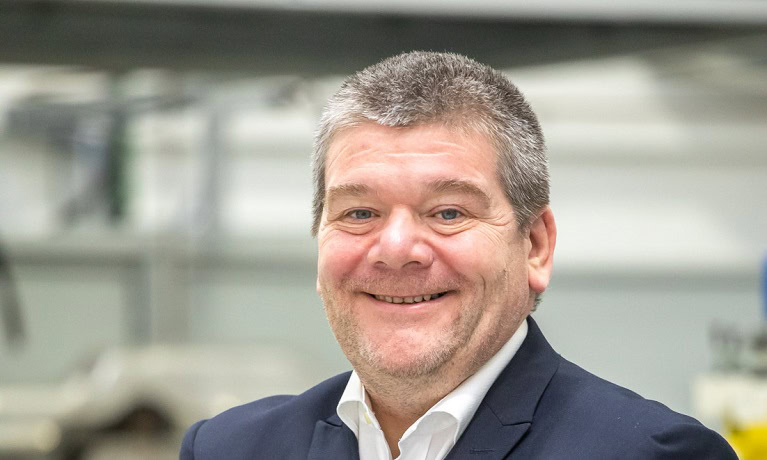And, WRAP has published a report on “Food Waste Minimisation” explaining that from its work on minimisation will use a campaign to raise awareness of the food waste problem under the slogan “Love food, hate waste“.
Local authorities have started preparing road shows and other events, such as Great Yarmouth borough council in Norfolk, which is to encourage residents to measure food out in order to get the right portion per person. The council said its events will also urge residents to check what is at the back of their fridge before buying more food, and put fruit and vegetable waste into home composting units.
Worcestershire county council has said that it will dovetail the new campaign led nationally by WRAP into their existing local awareness programmes. Worcestershire will be adding the “Love food, hate waste” logo to its website, posters and competitions at events within its Mission Impossible campaign.
The new food waste campaign is also to be promoted north of the border, with the Scottish Waste Awareness Group actively sending out publicity material promoting the “Love food, hate waste” message.
“Personalise”
WRAP – the Waste and Resources Action Programme – is to launch the national campaign on November 1 2007 in London. Earlier this week, the Banbury-based government-funded body published a report detailing the rationale behind the “Love food, hate waste” initiative.
The document on the “Minimisation of Household Food Waste” said that the objectives of the scheme were to raise awareness of the “environmental and financial consequences” of wasting food, and to “personalise” the issue.
Working in partnership with the Women's Institute, Food Standards Agency and local authorities, WRAP's campaign will suggest small, simple ways in which householders can change their attitude to food waste by planning ahead, storing and cooking their food differently, it said.
It is believed that a third of food waste bought in the UK is wasted, making up around 19% by weight of a household bin. The top five categories by weight are fresh fruit and vegetables, fresh meat and fish, bakery and dairy products and rice and pasta, with families and young people thought to be the worst offenders.
WRAP believes that increasingly short shelf lives for food, a drop in the average household size, an average time of only 19 minutes to prepare a meal and the low cost of many products have all contributed to so much waste.
At present, it is believed that 90% of people are unaware or in denial that they waste food unnecessarily.
The campaign will be delivered through retailers, brands, local authorities and community groups and be integrated with related communications from the Department of Health and Defra.










Subscribe for free